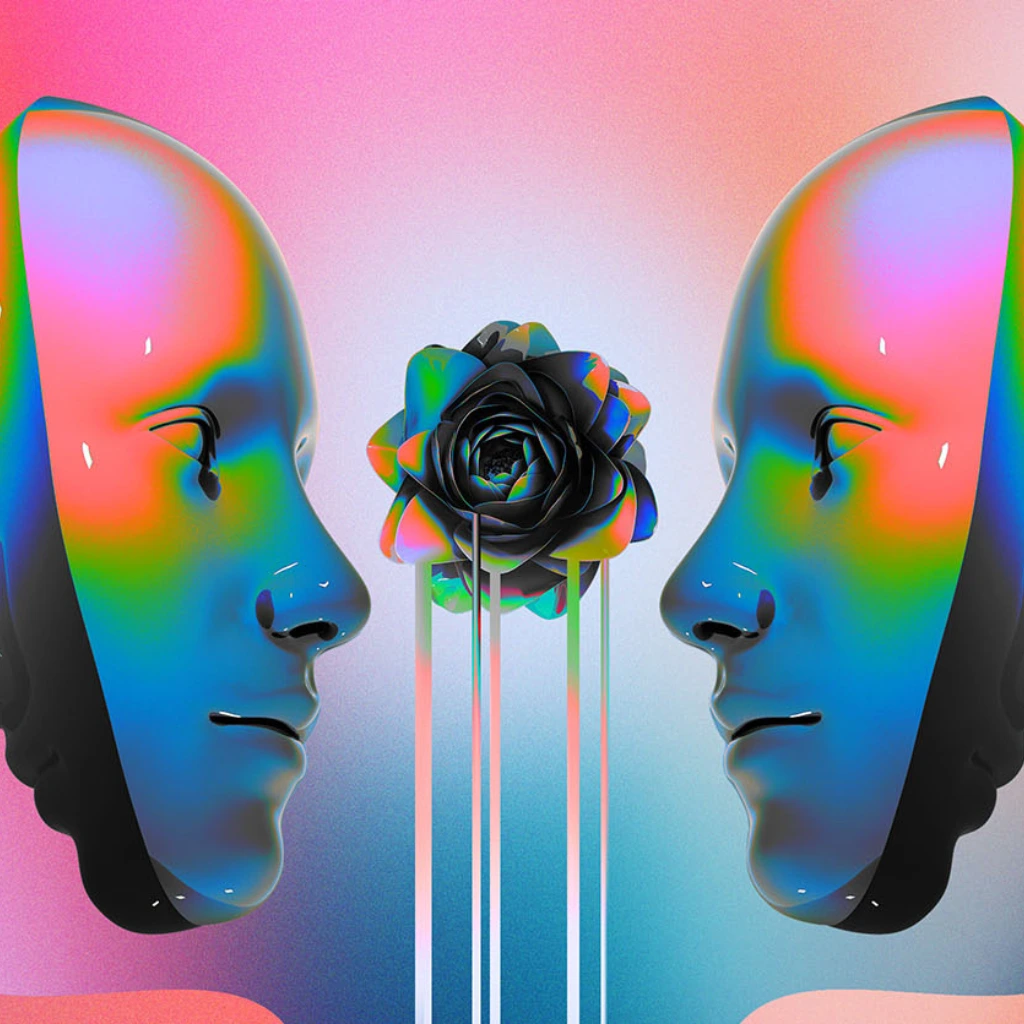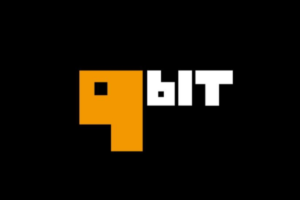What If Web3 Changed Everything? 5 Future Industries That Might Redefine the World
When most people hear “Web3 future industries,” they picture crypto bros, meme coins, or overpriced monkey JPEGs. But what if that’s just chapter one of a much bigger story?
What if Web3 isn’t about hype—but about rewiring how we interact with money, data, power, and even each other?
It’s not guaranteed. But in five key industries, the groundwork is already being laid. So let’s explore: what could the world look like if these Web3 futures actually came true?
1. What If DeFi Replaces Banks as a Web3 Future Industries?
Imagine a world where you can get a loan in seconds, no paperwork, no banker’s judgment, no middlemen.
That’s the promise of decentralized finance (DeFi)—a system that runs on smart contracts instead of institutions. What if your savings account earned yield through protocols, not banks? What if insurance payouts were instant and automatic after a flood or fire?
DeFi isn’t dead—it’s maturing. And if it survives regulation and volatility, we could see a world where access to capital is radically more open.
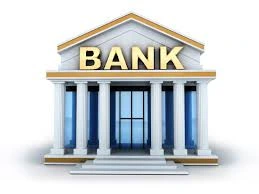
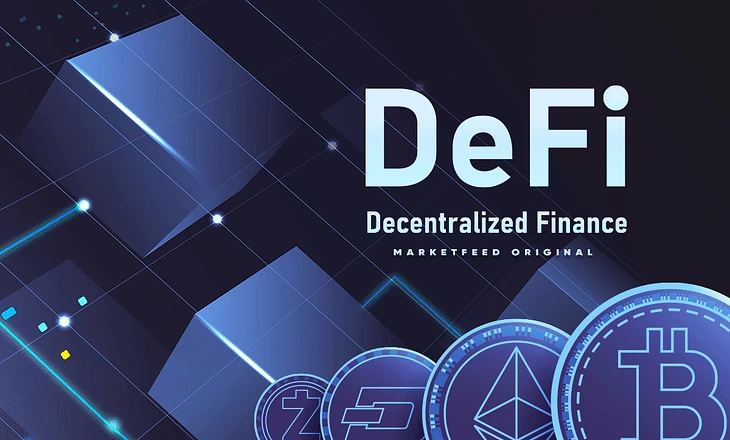
2. What If You Owned a Web3 Future Industry like Your Medical Data—and Got Paid for It?
Sounds wild, but what if you—not your hospital or a health tech giant—controlled your medical records?
In a Web3 future, your health data could be stored securely on-chain, and only shared with doctors you approve. Better yet, what if pharmaceutical companies paid you for access to anonymized research data?
Projects like Molecule and HealthBlocks are already prototyping this future. If they succeed, we might not just rethink data privacy—we could reinvent the patient-provider relationship entirely.


3. What If Social Media Was Actually Yours?
What if your online identity wasn’t locked to a single app? What if your posts, followers, and clout moved with you—and weren’t controlled by a faceless algorithm?
That’s what decentralized social media platforms like Farcaster, Lens Protocol, and Bluesky are exploring. In this alternate future, social networks become protocols, not walled gardens.
Yes, today they’re small and experimental. But what if users started leaving traditional platforms behind—seeking transparency, ownership, and freedom from algorithmic control?
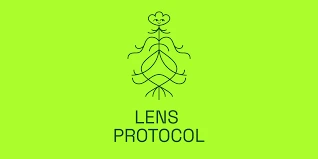
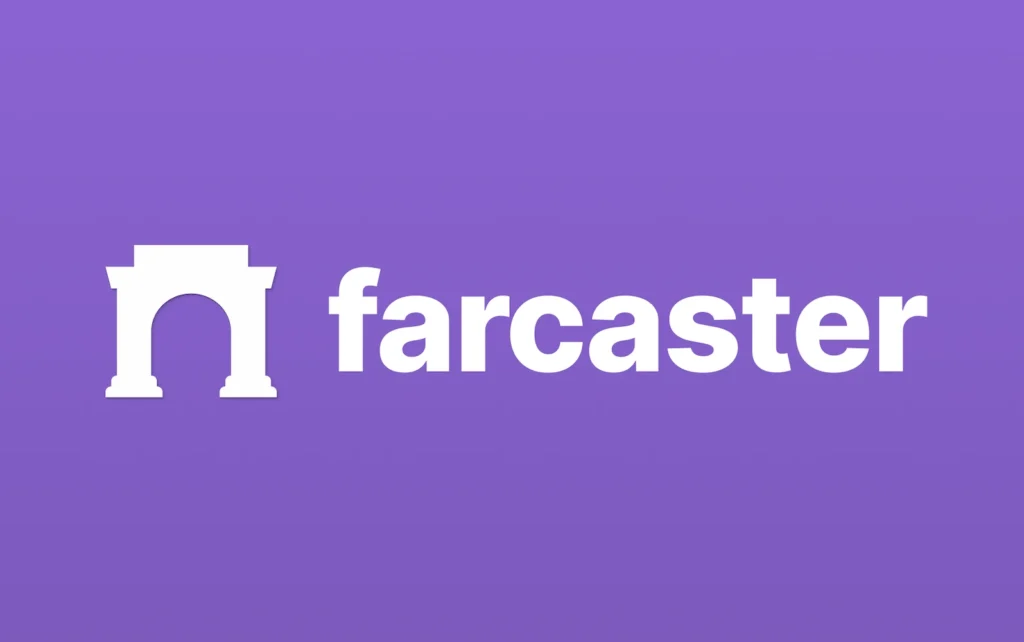
4. What If Gamers Owned Their Worlds—Literally?
Picture this: you grind for hours to win a rare in-game sword. Now imagine you could trade it for real money—or use it in another game entirely.
That’s the vision behind Web3 gaming. It’s not just about NFTs—it’s about digital assets that belong to players, not platforms.
Games like Illuvium, Big Time, and Star Atlas are turning this “what if” into a testable reality. And if it works, gaming could become the biggest on-ramp to the Web3 economy.
What if your avatar’s loot wasn’t just fun—but valuable?

5. What If You Worked for a DAO Instead of a Company?
What if your next job didn’t involve a boss, a building, or a salary—but a token, a vote, and a mission?
That’s the world DAOs (Decentralized Autonomous Organizations) are trying to build. These internet-native groups operate through shared ownership, transparent governance, and community coordination.
What if artists, activists, and engineers alike joined DAOs instead of corporations? What if governance wasn’t a boardroom thing—but a Discord discussion?
It’s chaotic. It’s early. But it’s one of the boldest “what ifs” Web3 has to offer.
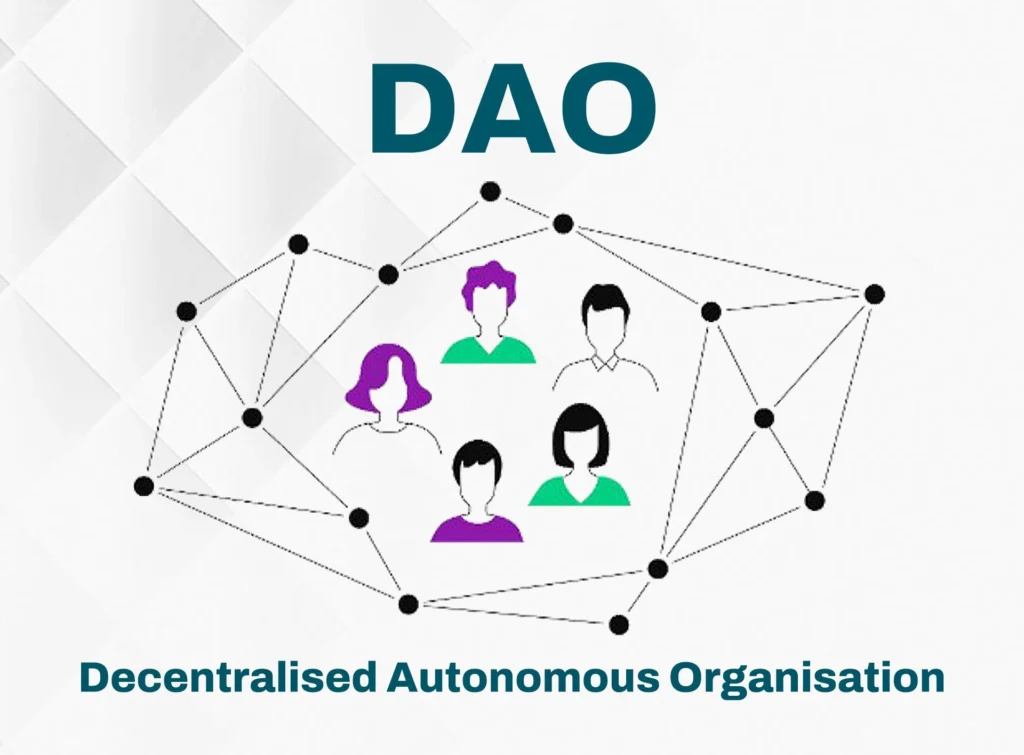
Final Thought: What If Web3 Is the Next Internet?
Not every project will make it. Some Web3 ideas are overhyped. Others will fail quietly. But what if—just if—some of them don’t?
What if these five industries grow from experiments into infrastructure? What if the internet of tomorrow is more open, user-owned, and community-driven?
If even a fraction of these futures materialize, Web3 won’t just be a trend—it’ll be a turning point.
So… what if we’re witnessing the birth of something bigger than anyone expected?
Relevant Link : Here

